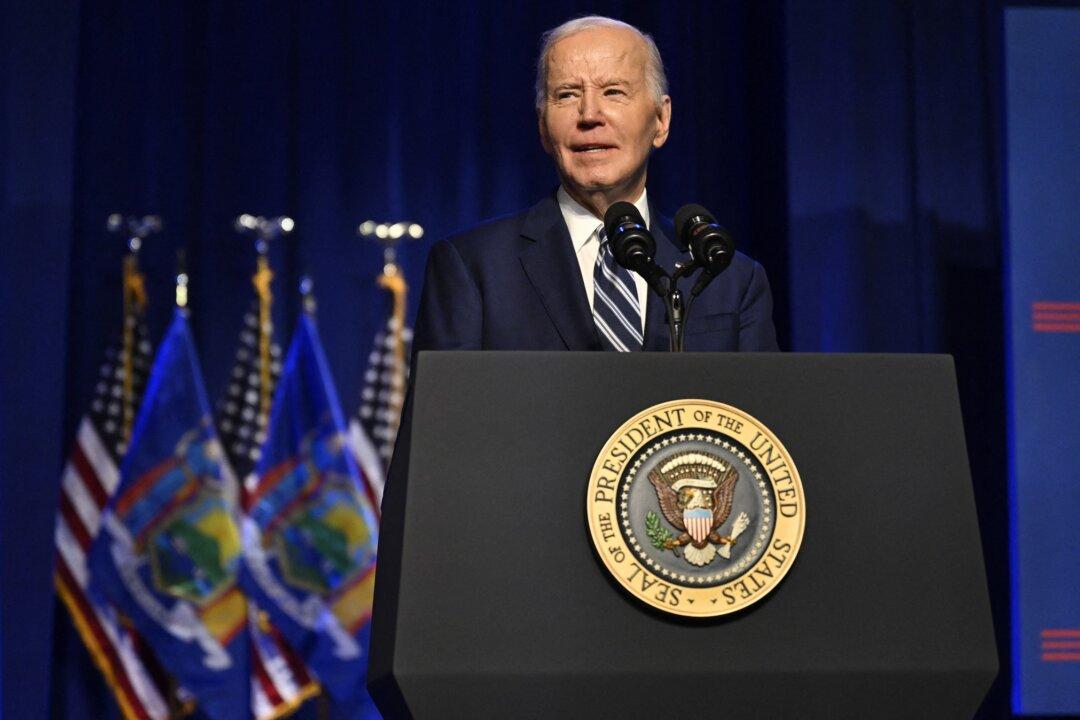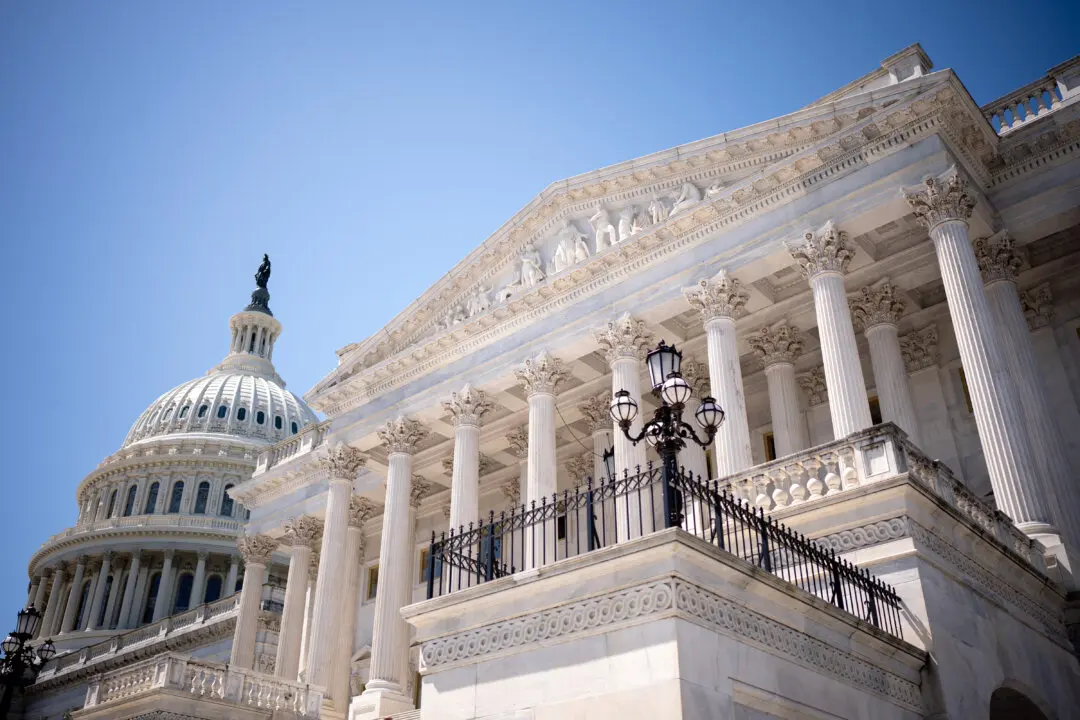Progressive political action organizations pledged to spend hundreds of millions in support of President Joe Biden and the Democratic Party in 2024. But they aren’t breaking the bank just yet.
Between April 15 and April 20, political committees registered with the Federal Election Commission filed financial disclosures covering their fundraising and spending activities. These new filings show that nine groups, who have previously committed to spending close to $800 million in support of Democrats, held about $80.7 million in cash on hand at the end of March.
Opening Salvos
During the first three months of the year, various PACs tied to progressive groups collectively raised about $28 million while spending about $19.7 million.FEC records show the groups associated with the League of Conservation Voters, MoveOn.Org, SEIU, and Unite The Country are beginning to make limited independent expenditures in support of candidates and transfers to candidate committees.
League of Conservation Voters maintains two PACs: LCV Victory Fund and League of Conservation Voters Action Fund.
LCV Victory Fund’s FEC filings show that the group spent about $732,000 on the New York 3rd Congressional District special election in support of Rep. Tom Suozzi (D-N.Y.) in the first two months of the year.
As for the Action Fund, the committee is sending numerous small donations to Democratic Party Senate candidates running for seats in Florida, Maine, Montana, Nevada, New Mexico, New York, Ohio, Rhode Island, Texas, and Wisconsin. The fund is also sending contributions to numerous Democrats running for the House in districts across the country.
MoveOn spent about $23,000 on the effort to elect Mr. Suozzi, too.
The SEIU PAC sent a number of large transfers to other committees.
Dark Money Connections
Most of the organizations are nonprofit 501(c)(3) or 501(c)(4) groups. Unlike political committees regulated by the FEC, these 501 entities do not need to report their donors, nor do they promptly disclose how they are spending their money. Their financial activities in 2024 may not be known until the end of 2025. Because of this, 501s are often called dark money groups.That said, the same organizations operate FEC-registered political action committees. Usually, the 501 groups donate to their affiliated PACs, which ultimately spend on political campaigns or other political activities like advertising and canvassing.
An Epoch Times analysis of FEC filings, which provide the most complete financial picture to date of how political committees are setting up for the 2024 election, shows that one group is taking in significant donations from its dark money counterpart.

American Bridge’s PAC also received a $1.8 million contribution from Democracy PAC, a group tied to George Soros.







